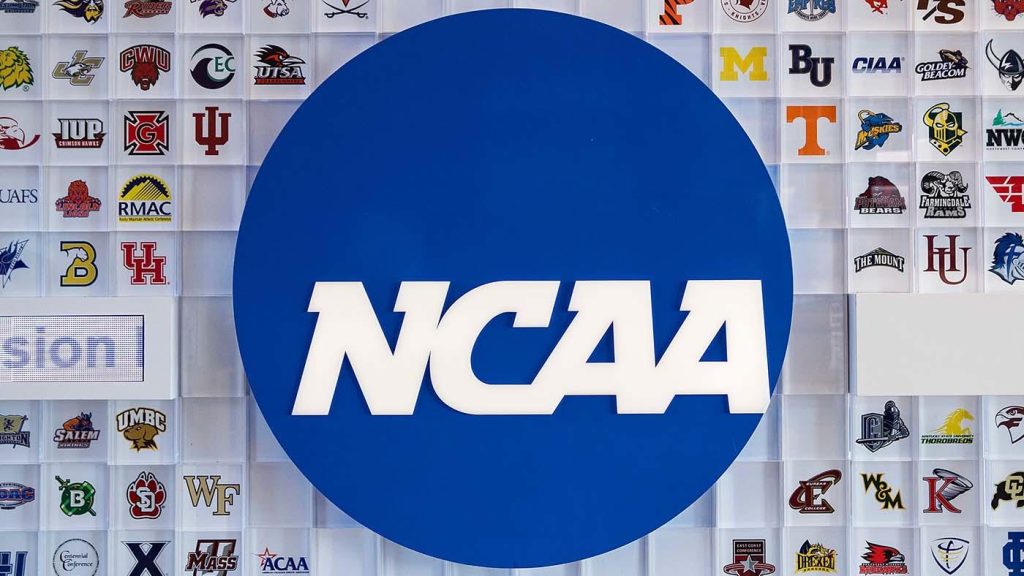The SCORE Act: A gift to the NCAA that betrays college athletes

After decades of coaches signing multimillion-dollar contracts and universities raking in billions from TV deals, college athletes are finally seeing a share of the revenue. Arch Manning, the University of Texas quarterback and Heisman favorite, has signed deals worth $6.5 million, while Duke basketball’s Connor Flagg and LSU gymnast Livvy Dunne have secured over $4 million each. Even less prominent athletes now average $40,000 per year—far from fortune, but a huge leap from nothing.
But as athletes start enjoying this financial freedom, Congress is poised to take it away.
The SCORE Act, speeding through the House, would grant the NCAA near-total immunity from labor and antitrust laws. Backed by over $15 million in lobbying, the bill seeks to overturn the Supreme Court’s 2021 unanimous ruling that the NCAA’s wage-fixing practices were illegal. Justice Brett Kavanaugh had slammed the NCAA at the time, writing: “Nowhere else in America can businesses get away with agreeing not to pay their workers a fair market rate… Why should college sports be different?”
If passed, the SCORE Act could let the NCAA operate above the law again.
The bill claims to protect student-athlete earnings by not restricting name, image, and likeness (NIL) deals. Yet it undercuts them by requiring endorsements to match “fair market” rates for non-athletes. Comparing Arch Manning’s deals to an average student’s opportunities? Absurd—and potentially devastating to athlete compensation.
It also creates a surveillance system over athlete earnings. Schools could collect and share anonymized NIL data, enabling algorithms to suppress compensation. The College Sports Commission, tasked with enforcing “fair market value” rules, already uses Deloitte-built software to reject roughly 70% of athlete contracts. With broad antitrust exemptions, the NCAA could legally enforce this oversight without consequences.
The SCORE Act further erases legal progress. It prohibits classifying athletes as employees, contradicting federal court rulings questioning NCAA amateurism. Health care and education support provisions exist on paper but lack real enforcement, while unsafe practice conditions and grueling travel schedules remain unaddressed.
Professional athletes have collective bargaining to protect wages, safety, and benefits. College athletes—over 500,000 of them—would instead face a 30-page rulebook written by institutions that have historically profited off their labor.
The NCAA claims this law will stabilize college sports, but it’s a trick play. Coaches like Nick Saban may benefit, while athletes lose hard-won rights. True reform would allow collective bargaining, equitable pay, and fair treatment across all sports—not blanket immunity for decades of exploitation.
Congress should reject this handout and craft a system that finally treats college athletes as the essential contributors they are.

